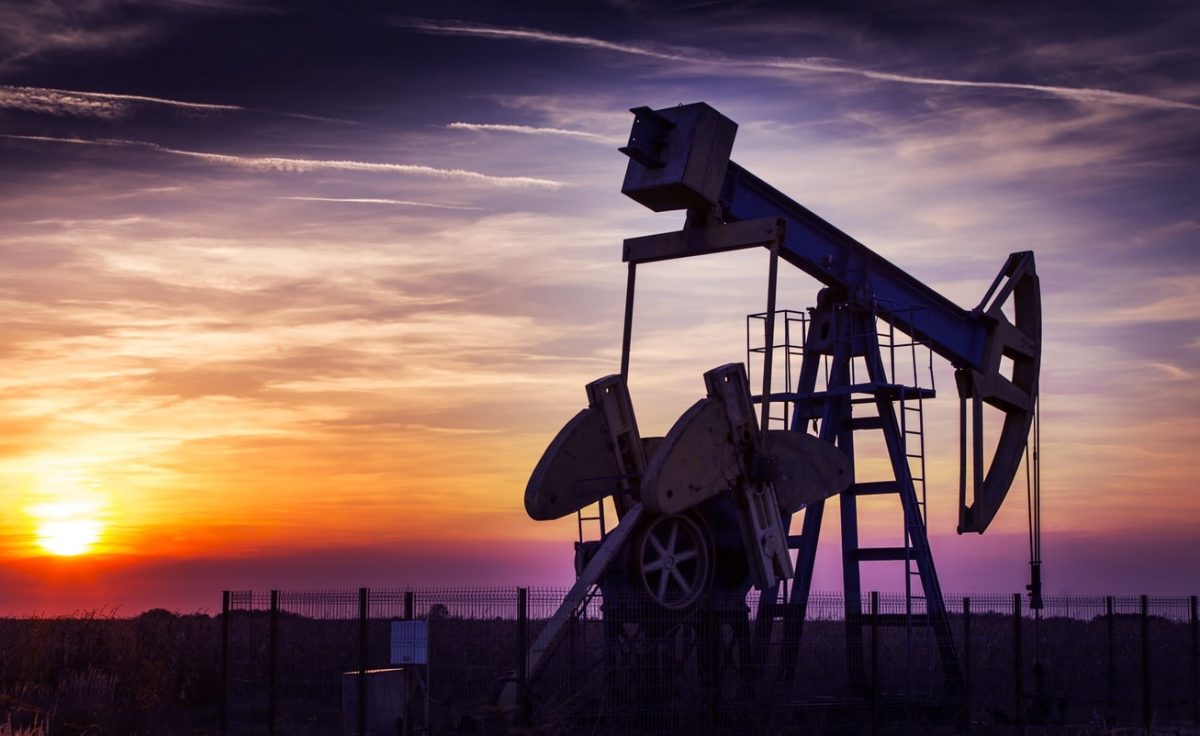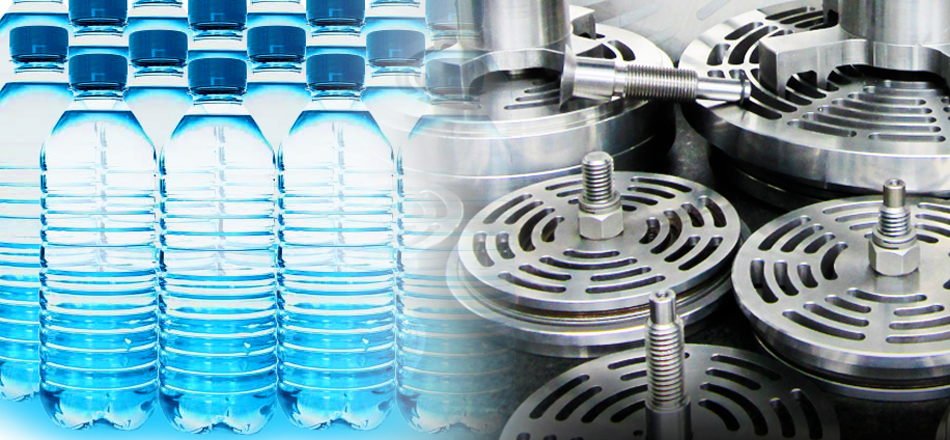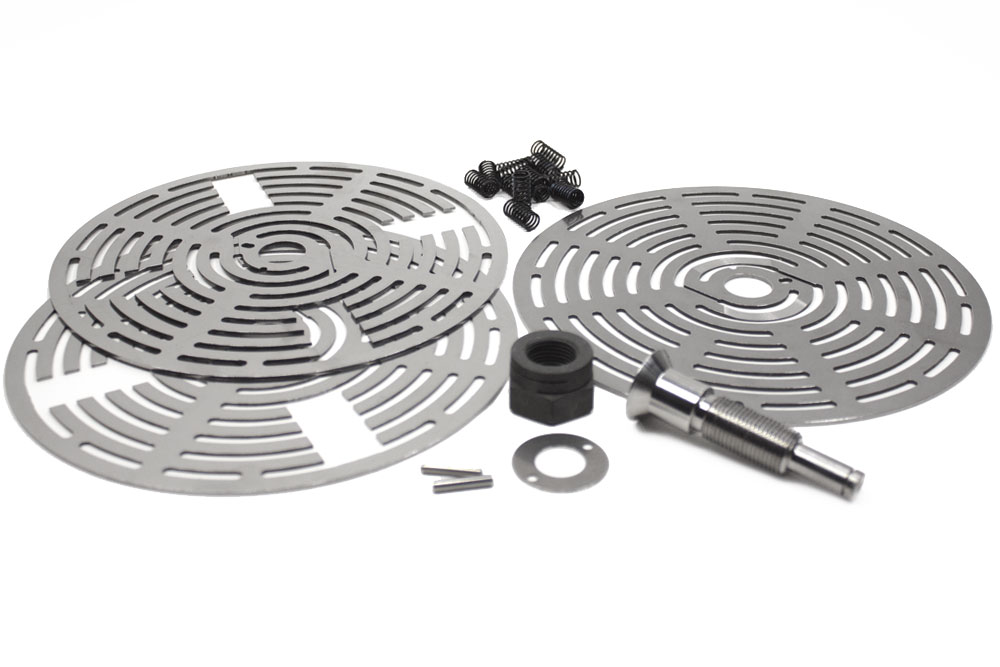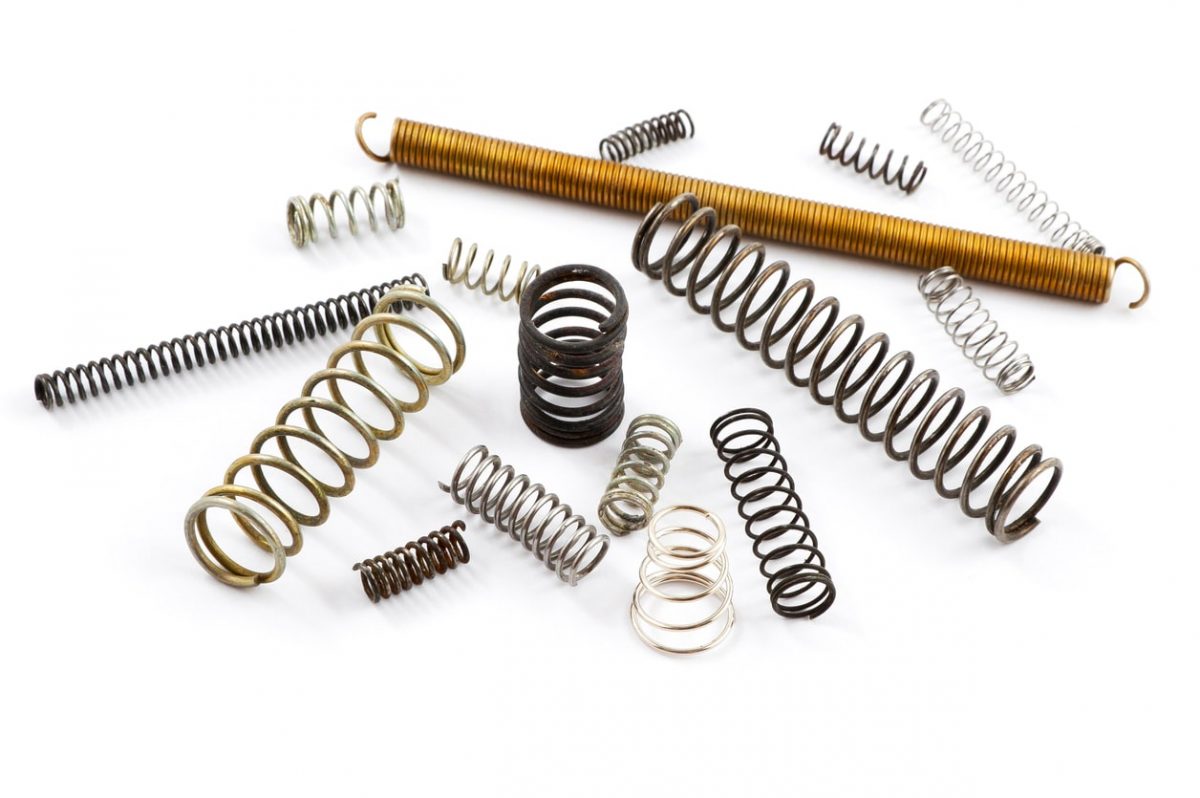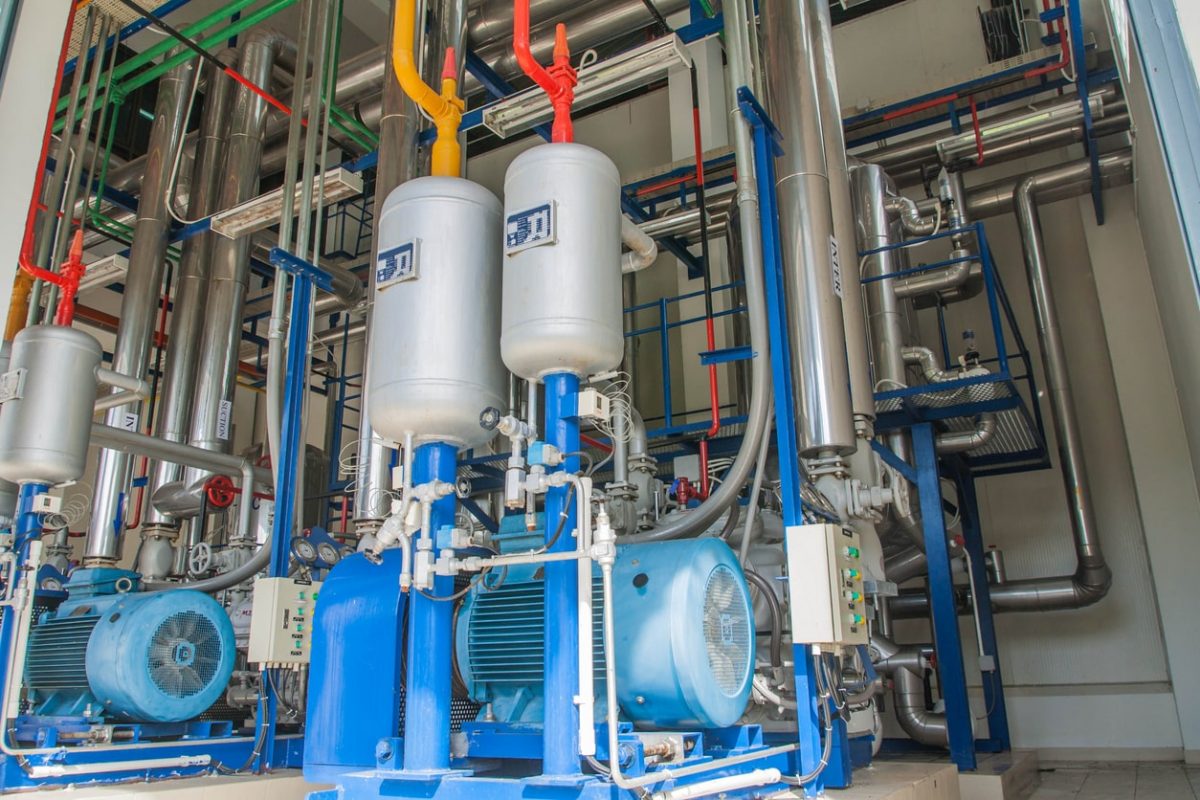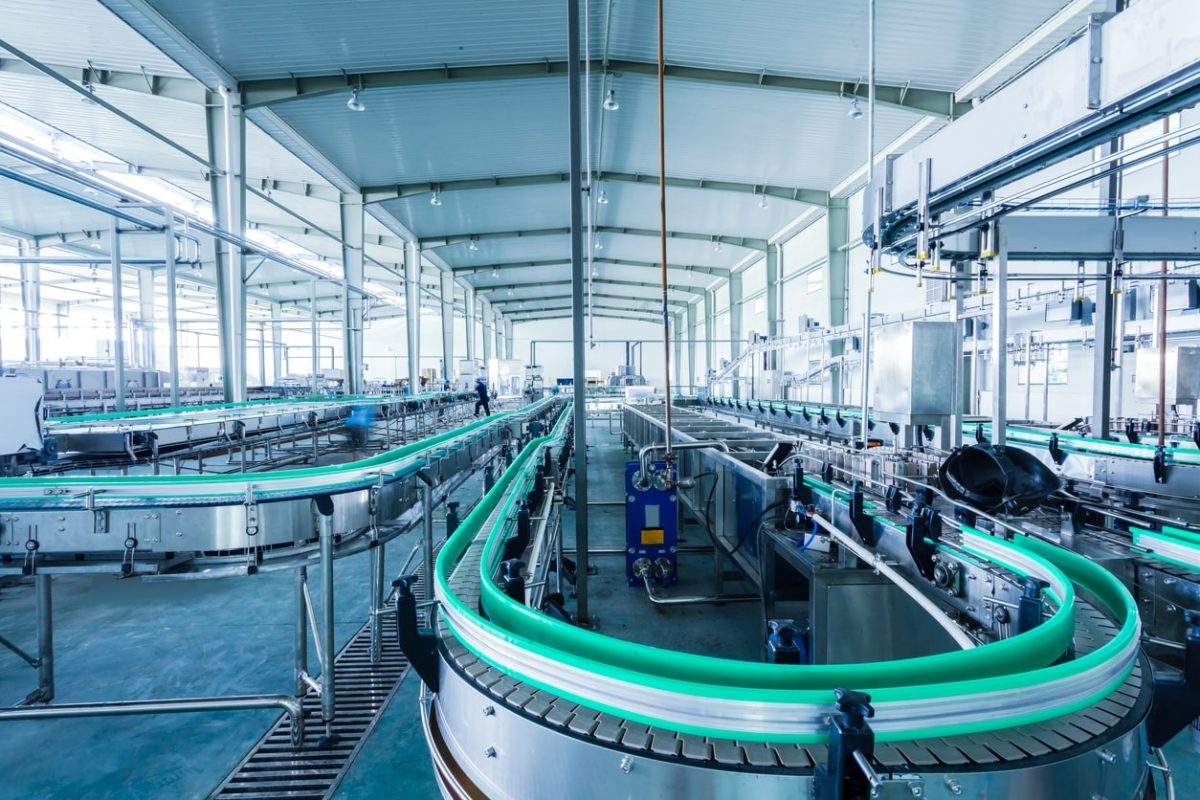Maximizing Efficiency in Natural Gas Compressor Systems
Maximizing efficiency in natural gas compressor systems is essential for reducing energy costs and maintaining reliable operation. Proper sizing, regular maintenance, and advanced control strategies ensure optimal performance. By addressing energy losses and implementing best practices, operators can extend equipment life and achieve consistent, cost-effective operation in their natural gas…
Tips for Specifying the Right Valve Parts for Your Compressor Model
Selecting the right valve parts is essential to keep your compressor model running efficiently and reliably. Matching material specifications, pressure ratings, and OEM compatibility ensures optimal performance and longevity. Properly specified valves prevent downtime, reduce wear, and maintain consistent operation for your compressor model under varying operating conditions. Selecting the…
Reciprocating Compression: How It Works and Why It Matters
Reciprocating compression is a process where a piston moves back and forth within a cylinder to compress natural gas, converting mechanical energy into pressure energy. Widely used in industrial applications, it offers precise pressure control, high reliability, and adaptability. Proper understanding and maintenance ensure efficiency, longevity, and safe operation in…
How a P.E.T. Compressor Works, and Key Valve Parts to Stock
A P.E.T. compressor is designed to efficiently compress gases for industrial applications, ensuring consistent pressure and reliable operation. Its performance depends on well-maintained components, particularly valves, which control gas flow during compression cycles. Proper maintenance and stocking of key parts enhance durability, reduce downtime, and optimize system efficiency. Understanding how…
Choosing the Right Compressor Valve Plate Materials
Compressor valve plate materials are critical for ensuring reliable, efficient, and long-lasting compressor operation. The right materials provide durability, wear resistance, and thermal and chemical stability, allowing valve plates to withstand high pressures, temperatures, and repetitive cycles. Proper selection minimizes maintenance, reduces downtime, and enhances overall system performance. Selecting the…
Metallic Parts Manufacturing: Ensuring Quality Through Testing and Control
Metallic parts are engineered components made from durable metals and designed to deliver strength, precision, and long-lasting performance. Through controlled manufacturing, testing, and inspection, these parts provide reliability in demanding industrial environments. Their durability and consistency make metallic parts essential for equipment, machinery, and critical operational systems. Producing high-quality metallic…
Why Compression Springs by Size Matter in Industrial Applications
Compression springs by size are critical for reliable and efficient industrial operations. Proper dimensions ensure consistent load, deflection, and energy absorption, preventing premature wear and equipment failure. Selecting the right size improves performance, extends equipment lifespan, reduces maintenance, and enhances overall operational efficiency in a wide range of industrial applications.…
Parts of a Compressor Explained: Functions and Importance
Understanding the parts of a compressor is essential for reliable, efficient, and safe operation. Key components like pistons, valves, crankshafts, bearings, and cooling systems work together to maintain performance. Proper maintenance and awareness of these parts prevent downtime, extend equipment lifespan, and optimize overall compressor efficiency. Compressors are essential components…
Top Strategies for Valve Performance Optimization in Industrial Systems
Valve performance optimization is essential for ensuring reliability, efficiency, and safety in industrial systems. By focusing on proper valve selection, maintenance, lubrication, and monitoring, operators can reduce downtime, prevent leaks, and extend equipment lifespan. Effective optimization improves system performance, lowers operational costs, and supports long-term productivity in industrial operations. Inefficient…
Ensuring Consistency and Durability in Injection Molding Products
Ensuring high-quality injection molding products is essential for reliability, durability, and customer satisfaction. By optimizing material selection, mold design, and processing parameters, manufacturers can produce consistent components that meet specifications. Proper quality control and maintenance practices extend product lifespan, reduce defects, and enhance overall operational efficiency in industrial production. Inconsistent…

